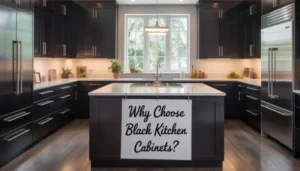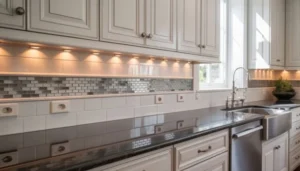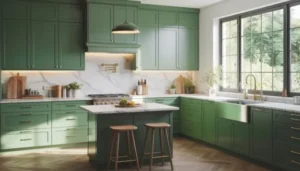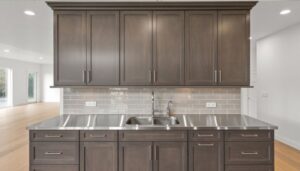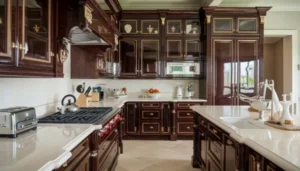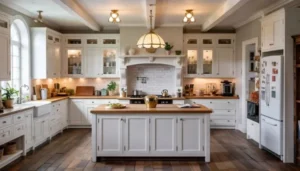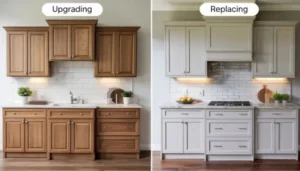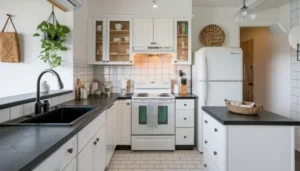A Comprehensive Guide
Adding a bathroom to your home can be a game-changer. Whether it’s for increasing convenience, adding value, or simply enhancing your lifestyle, this home improvement project is undoubtedly significant. However, before diving into the endeavor, one crucial question arises: how much does it cost to add a bathroom?
How Much Does It Cost to Add a Bathroom to Your House

Before you start planning your new bathroom, it’s crucial to understand how much it might cost you. Adding a bathroom to your home involves looking at different expenses like space, plumbing, fixtures, and labor. In this section, we’ll break down these costs to give you a clear picture of what to expect financially.
Space Availability
- Assessing available space in your house is crucial. The location and size of the new bathroom impact the overall cost significantly.
Plumbing and Electrical Work
- Incorporating plumbing and electrical systems into the new bathroom adds to the expenses. If the new bathroom is far from existing plumbing lines, expect higher costs.
Fixtures and Finishes
- Your choice of fixtures, such as sinks, toilets, showers, and finishes like tiles and countertops, greatly influences the total cost.
Labor Costs
- Hiring professionals for construction, plumbing, and electrical work adds to the expenses. Labor costs vary depending on location, complexity, and contractor rates.
Average Costs Breakdown
The cost to add a bathroom to a house can vary widely based on these factors. On average, however, you can expect:
- Basic Bathroom Addition: A basic bathroom addition can cost anywhere from $5,000 to $25,000. This typically includes minimal plumbing and electrical work, standard fixtures, and basic finishes.
- Mid-Range Bathroom Addition: For a mid-range bathroom addition with upgraded fixtures and finishes, the cost ranges between $25,000 to $50,000.
- Luxury Bathroom Addition: A luxury bathroom addition, featuring high-end fixtures, custom finishes, and intricate designs, can cost upwards of $50,000, with some projects exceeding $100,000.
Factors Influencing Costs

Several factors come into play when determining the cost of adding a bathroom to your home. Where you want to put the bathroom, how complex the installation will be, and the type of fixtures and finishes you choose can all affect the final price tag. In this section, we’ll explore these factors in detail to help you understand how they impact the overall cost of your project.
Location within the House
Where you plan to add the new bathroom within your house significantly impacts the costs.
- Ground Floor Addition: Adding a bathroom on the ground floor, near existing plumbing lines, tends to be more cost-effective compared to upper-floor additions that require extensive plumbing work.
- Basement Bathroom Addition: Adding a bathroom in the basement might incur additional costs for plumbing and excavation but can be more affordable than other locations.
Complexity of Installation
The complexity of installation plays a crucial role in determining costs.
- Plumbing and Electrical Work: Extensive plumbing and electrical work, such as installing new pipes and wiring, can substantially increase the overall cost.
- Structural Modifications: If the new bathroom requires structural modifications, such as removing walls or reinforcing floors, expect higher expenses.
Choice of Fixtures and Finishes
Your choice of fixtures and finishes directly impacts the cost and aesthetic appeal of the new bathroom.
- Standard vs. Custom Fixtures: Opting for standard fixtures and pre-fabricated materials can help control costs, while custom fixtures and high-end finishes come with a premium price tag.
- Energy-Efficient Upgrades: Incorporating energy-efficient fixtures and appliances may increase upfront costs but can lead to long-term savings on utility bills.
Tips to Control Costs
While adding a bathroom to your home can be a significant investment, there are ways to keep costs under control without compromising on quality. From careful planning to smart decision-making, there are several strategies you can employ to ensure that your project stays within budget. In this section, we’ll discuss practical tips and techniques to help you manage expenses effectively and achieve your desired outcome without breaking the bank.
- Plan Carefully: Thorough planning is essential to avoid costly changes during construction.
- Reuse Existing Space: Repurposing existing space, such as closets or underutilized rooms, can help minimize construction costs.
- Prioritize Needs vs. Wants: Focus on essential elements to stay within budget while incorporating upgrades selectively.
- Get Multiple Quotes: Obtain quotes from multiple contractors to compare prices and ensure you’re getting a fair deal.
- Consider DIY for Non-Technical Tasks: You can save on labor costs by handling non-technical tasks like painting or installing fixtures yourself, if you have the necessary skills.
Conclusion
The cost to add a bathroom to your house varies depending on several factors such as space availability, location, complexity of installation, and choice of fixtures and finishes. While it’s undoubtedly a significant investment, careful planning, prioritization, and smart decision-making can help you achieve your desired outcome within your budget.
So, whether you’re looking to enhance convenience, increase property value, or simply indulge in luxury, adding a bathroom to your house can be a rewarding endeavor with the right approach.
Our Services
Recent Posts

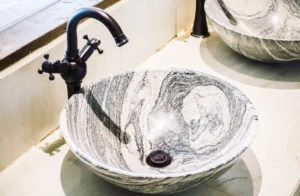
Transforming Your Kitchen Cabinets for Contemporary Style A clogged sink…
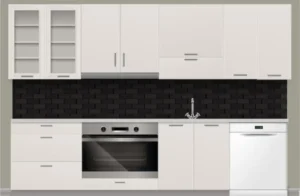
Transforming Your Kitchen Cabinets for Contemporary Style Oak kitchen cabinets…
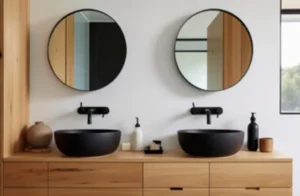
A Complete Guide to Raising Your Bathroom Vanity to Elevate…


